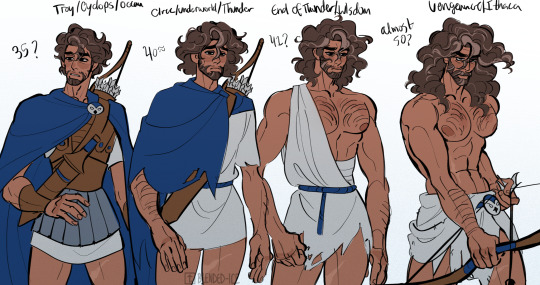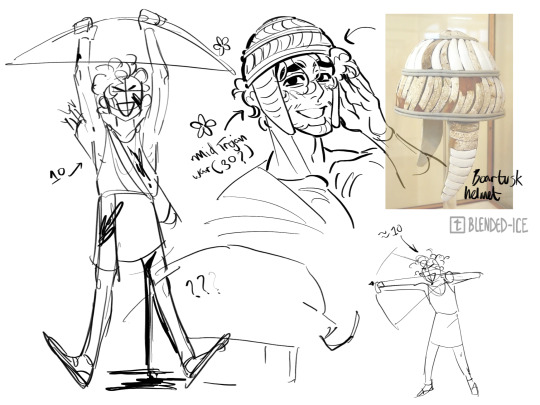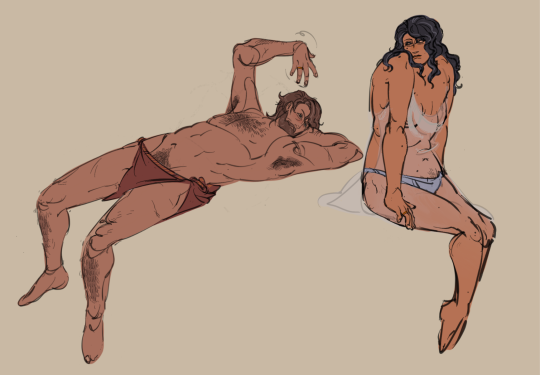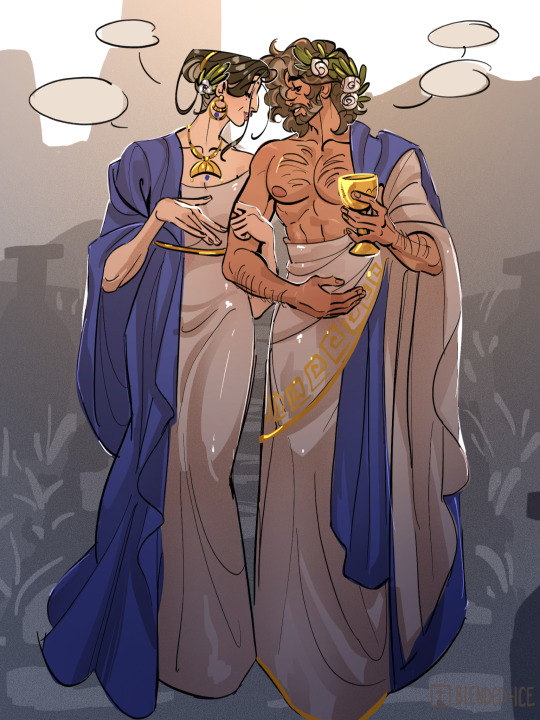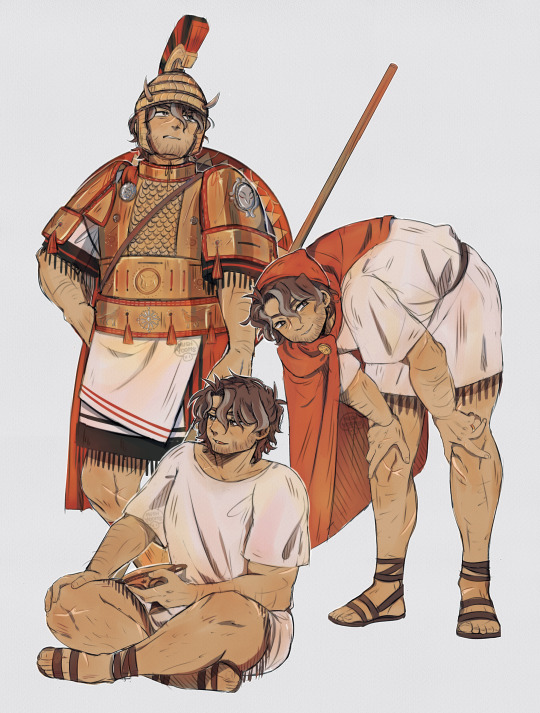23 | He/They | Transmasc | Aroace | Multifandom madness | Sometimes I post art
Last active 2 hours ago
Don't wanna be here? Send us removal request.
Text
#odysseus of ithaca#more a mythological character than a fictional one#but still#i would be so incredibly dead
9K notes
·
View notes
Text

Happy Pride y'all! Have some sapphic odypen :)
19 notes
·
View notes
Text


Christopher Reeve’s Clark Kent, you are always on my mind <333
2K notes
·
View notes
Text

solidifying my designs for these guys
24 notes
·
View notes
Text
Both fellow-countrymen then,
how often we’d have mingled side-by-side!
Nothing could have parted us,
bound by love for each other, mutual delight …
till death’s dark cloud came shrouding round us both.
4K notes
·
View notes
Text

fem!Odysseus design because I have free will
#the odyssey#the iliad#odysseus#tagamemnon#in the two fully body peices she's in her 20's#in the portrait she's in her 40's
11 notes
·
View notes
Text








Enjoy this silly little comic I made
Dialogue in case you can't read my abysmal hand writing
Odysseus: Agamemnon, my good friend, the horse is almost complete, and soon we will breach the great walls of Troy and finally claim victory as ours. But tell me, where is the door I asked you to construct?
Agamemnon: Fear not, my good friend! The door you ask for is right here, drawn in chalk. All I have to do is retrieve the saw I left outside with Diomedes, and you will have your door.
Odysseus: Then, by all means, go and retrieve this saw.
Agamemnon: Ah, I see your point Laretides. Because the saw is outside, we will not be able to cut the door out, trapping us inside. But don't worry...
#the odyssey#the iliad#the trojan war#epic the musical#odysseus#agamemnon#tagamemnon#god this is so stupid#and yes#it's based off the treehouse bit from drake and josh
66 notes
·
View notes
Text
Floating face down in a blank word document file, while not physically possible, is nevertheless a tangible authorial state.
56K notes
·
View notes
Photo

happy pride month superman is making ur dash gay
15K notes
·
View notes
